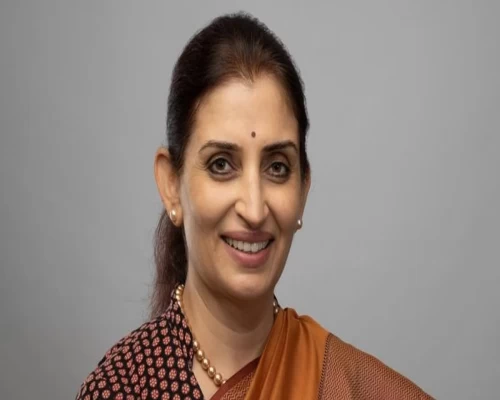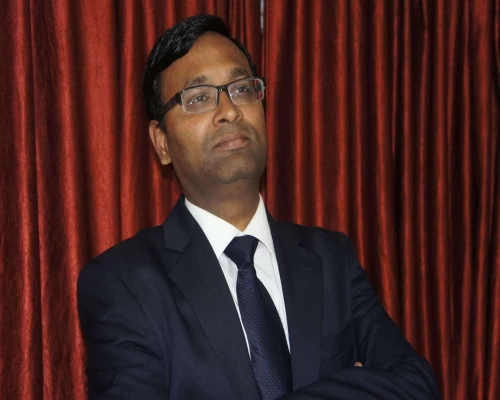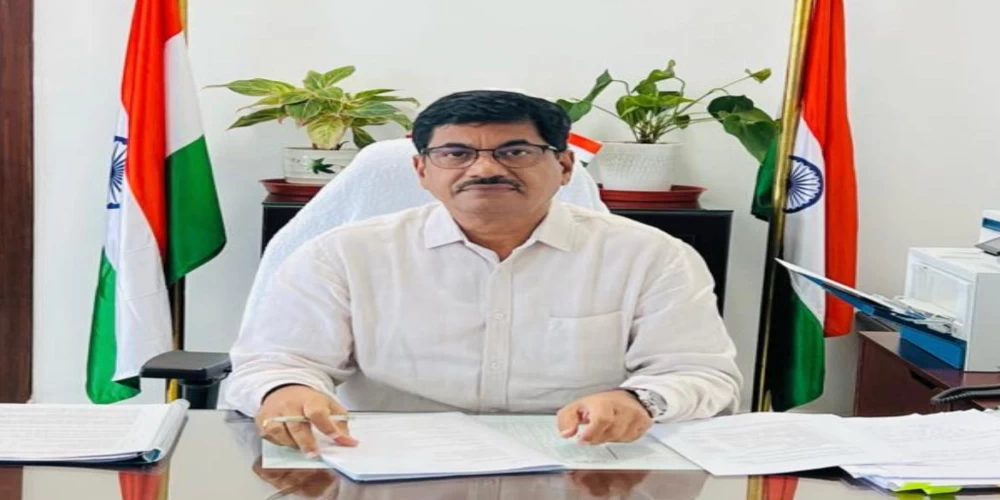
In an exclusive interview with Dr Navneet Anand, Editor-in-Chief of Bureaucrats India, Dr Chandrasekhar Reddy, IFS shares his remarkable journey from the verdant forests of Nizamabad to the corridors of power in Telangana’s state administration. Currently serving as the Principal Secretary to the Chief Minister of Telangana, Dr Reddy’s illustrious career spans decades of impactful service, marked by innovative ecological initiatives and transformative governance practices.
A diligent bureaucrat who has trained many civil servants, Dr Reddy believes that training to bureaucrats are critical to good governance and decision making at the grassroots level. “Acquired knowledge ensures informed decision-making and enhances the implementation of programs by leveraging success stories shared during training sessions. Interaction with peers provides valuable insights into one’s performance level, fostering motivation to achieve the next level of excellence. Additionally, such exchanges often reveal blind spots, leading to a deeper understanding of governance and its nuances,” he said.
Roots in Forestry: A legacy of excellence
Dr Reddy began his career as a Sub-Divisional Forest Officer in Nizamabad District, laying the foundation for his lifelong commitment to sustainable development and ecological restoration. Over the years, his roles have ranged from leading participatory irrigation and watershed management projects to pioneering urban forestry models. These diverse experiences have equipped him with a unique perspective on balancing development with environmental preservation.
One of Dr Reddy’s standout achievements is the transformation of Hyderabad’s Botanical Garden into the ‘Vruksha Parichaya Kshetram.’ This innovative initiative connects people with nature through thematic planting and cultural integration. “With over 2,000 plant species grouped into 75 themes, such as the ‘Sports Tree Garden,’ the project has become an interactive learning hub for children and visitors. Features like QR codes for detailed plant information and themed selfie murals enhance engagement, fostering a deeper appreciation for biodiversity,” he said. This initiative primarily targets the approximately 100,000 children who visit the Botanical Garden annually, fostering environmental awareness and appreciation, further informs Dr Reddy, who acquired his Masters in Life Sciences from prestigious Jawaharlal Nehru University in New Delhi.
As the Additional Principal Chief Conservator of Forests, Dr Reddy introduced the Yadadri Model of natural forest creation inspired by Miyawaki principles. “This approach enables the development of dense forests in small areas within a short span of time through high-density planting, random placement, and a three-tier planting method. Urban spaces, even those with limited land availability, can be transformed into forest blocks, effectively mitigating pollution and enhancing environmental quality in urban areas,” passionately shares Dr Reddy, whose passion for academics took him to IIM, besides a PhD from Kakatiya University.
Driven with passion
Dr Reddy’s efforts extend to shaping young minds. His environmental education programs, designed with well-defined Standard Operating Procedures (SoPs), have significantly raised awareness among children, ensuring that future generations are equipped to tackle environmental challenges. Initiatives like the Peacock Festival and Zoo Carnival highlight his innovative approach to engaging the public in conservation efforts.
“Such initiatives provide an opportunity to express our solidarity with nature. A recent addition is the Palapitta Festival, celebrated during Dussehra, which conveys a strong message about the importance of environmental conservation. These programs highlight that every species plays a vital role in the ecosystem and must be protected. Without a safe and healthy environment, the survival of humankind is at risk. Programs like these send a powerful signal to society, emphasizing the critical need for environmental stewardship,” avers Dr Reddy.
His extraordinary efforts have earned him applauses and accolades including the very prestigious Golden Peacock Award and Indira Priyadarshini Vrikshamitra Award, that was given to Singareni Collieries Company Limited (SCCL) during his stints there.
A critical milestone in Dr Reddy’s career was his role as the founding dean of the Forest College and Research Institute (FCRI). This institution, established under his leadership, has become a beacon for professional forestry education in Telangana. As Managing Director of the Forest Corporation, he further demonstrated his leadership by achieving sustainable management certification from the Forest Stewardship Council (FSC), Bonn, and replacing exotic plantations with native species along the Regional Ring Road.
An IFS of 1991 batch, Dr Reddy has also embraced technology and global best practices to advance sustainable development. He feels that even while ambitious experiments like planting biodiesel species on overburden dumps, may not have achieved the desired results, the “approach holds significant potential to drive sustainable development.” His exposure to global water management systems, such as the Murray-Darling River Basin, has informed his localized approaches to managing natural resources in India. “The vast human population and diverse interests pose significant challenges. It is crucial to develop localized management systems that align with the aspirations and needs of the community while maintaining a balance with nature,” says Dr Reddy, who has authored 15 books and manuals on forestry, environment and watershed management.
The Haritha Haram program, a flagship afforestation initiative in Telangana, embodies Dr Reddy’s vision of collective responsibility for green cover. He emphasizes the importance of community participation and the protection of natural forests to ensure long-term sustainability. This initiative serves as a model for other states seeking to enhance their green cover and promote environmental awareness.
Eye on preservation & resilient future
On how how can urban forestry initiatives contribute to combating the effects of climate change in rapidly growing cities like Hyderabad, Dr Reddy feel that, “Enriching urban reserve forest blocks through protection from weeds, human activities, and cattle, combined with soil and moisture conservation, water harvesting efforts, and the planting of native species, enhances the city’s climate resilience. These initiatives contribute to creating carbon sinks, mitigating floods, and reducing urban heat, thereby improving the environment. Additionally, they provide fresh air for morning walkers and recreational spaces for city dwellers, making urban forestry a vital component of sustainable urban living.”
Reflecting on his career, Dr Reddy identifies several accomplishments that stand out. Engaging stakeholders through participatory watershed projects achieved significant outreach and impact. Leading training programs for civil servants at MCRHRD under the aegis of LBSNAA allowed him to shape future policymakers. Urban forest ecosystem restoration has enhanced Hyderabad’s environmental sustainability, while the ‘Vruksha Parichaya Kshetram’ initiative has become a global benchmark in biodiversity conservation. Inovations like using dried-up dug wells to recharge groundwater levels have yielded substantial results.
Dr Reddy’s long-term vision for Telangana includes developing blue-green infrastructure and preserving urban forest ecosystems to meet the growing environmental demands of urbanization. He also advocates for agroforestry and horticulture as integral components of a landscape-based approach to sustainability. “The environmental demands of cities are expected to increase significantly as urban populations grow, with 50% of the population projected to reside in cities. Urban forest ecosystems must be preserved permanently to ensure climate resilience in cities. Additionally, protecting rural lands from encroachment poses a significant challenge, as forests have a natural ability to regenerate. Agroforestry and horticulture will play pivotal roles in adopting a landscape approach for environmental restoration and sustainability,” he says.
A message for bureaucrats
“Commitment and passion can yield results in any field. For bureaucrats, the scope and potential for impactful performance are immense. Embrace your role fully, contribute actively, and ensure you take ownership of your responsibilities rather than leaving them to others,” says Dr Reddy.
Dr Reddy’s career exemplifies the power of dedication and innovation in creating a harmonious balance between development and environmental conservation. His journey continues to inspire, proving that impactful governance can drive meaningful change for a sustainable future.
BI Bureau


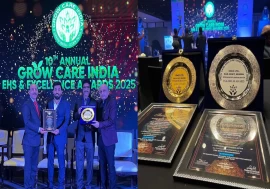
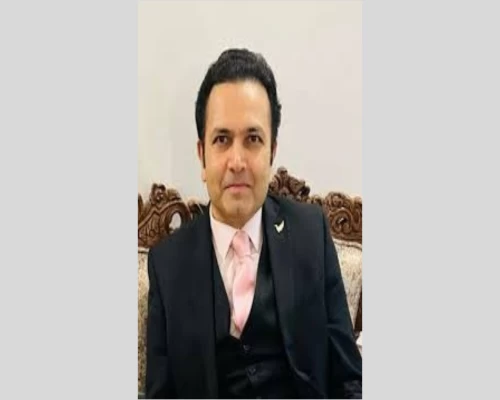
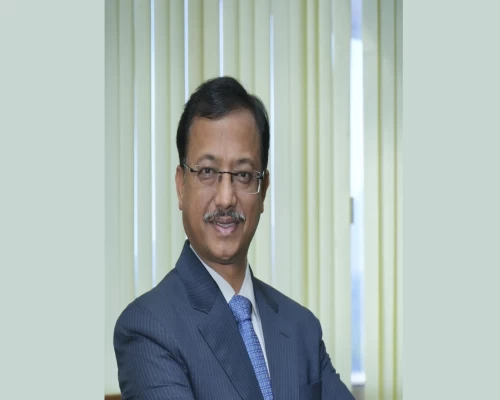
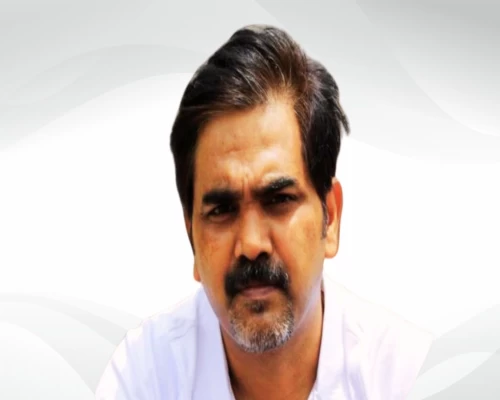
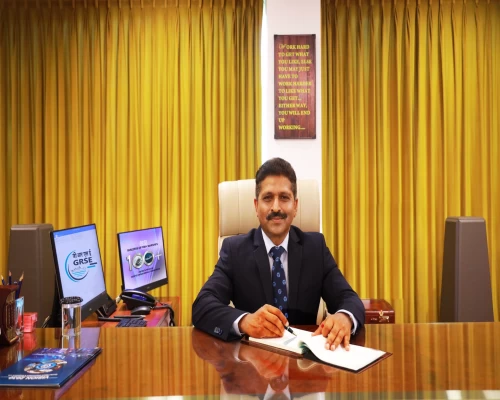
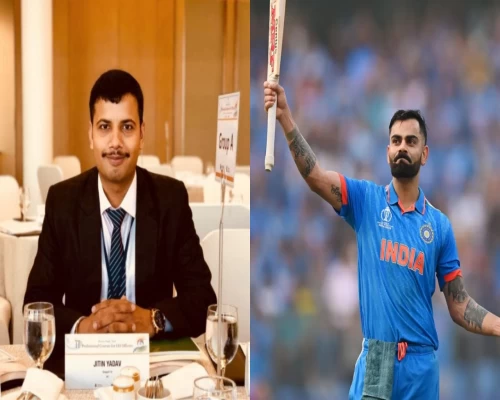
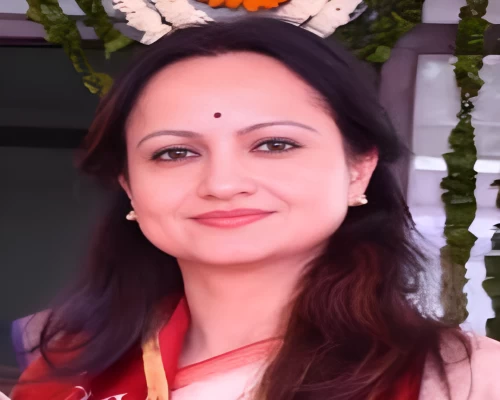
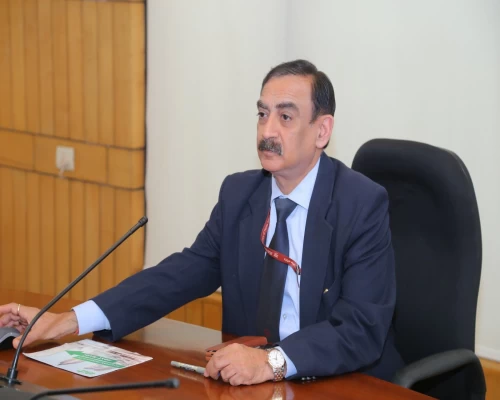
_500_x_400.webp)
